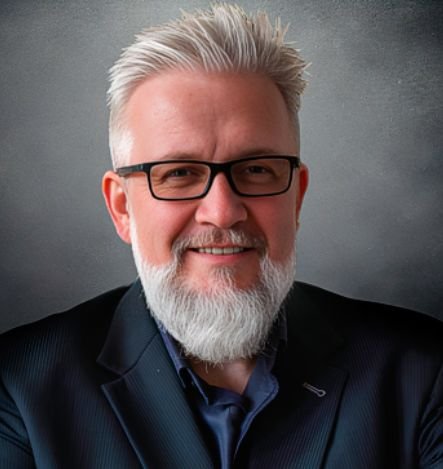
Frederic Casagrande
Vice President, Capital Excellence at TAQA Distribution
Frederic Casagrande brings nearly three decades of experience in Project Management and has implemented PMOs in telecommunications, energy, defense, real estate, theme parks, airports and facilities management industries. Holding numerous professional certifications, Frederic served on the Board of Directors for the PMI UAE Chapter, the PMI PMO Community of Practice and the PMI PMO Global Alliance. He played prominent roles for the PMI PMO Symposium, the PMI PMO of the Year Award, the PMO Global Awards, and received the Europe PMO Leader of the Year award in 2021.
Presentation- TECHNICAL TRACK: Leading Complex Multicultural Project Teams
This presentation will examine the role of Cultural Intelligence (CQ) in leading and managing a team composed of members of diverse cultural backgrounds, and how it affects team cohesion and project performance, in particular:1. Identify critical factors and strategies that contribute to the formation and success of high-performing multicultural project teams, focusing on leadership, communication and team-building practices 2. Explore leadership approaches and behaviors that foster collaboration, trust and high performance in a multicultural team of experts from different nationalities
SharkTank- WORKSHOP: Harmonizing Expertise – Managing Multi-Discipline Projects and Teams
Challenge:
Managing projects involving multi-disciplinary teams often leads to communication breakdowns, conflicting priorities, and
siloed efforts. Participants must create strategies to foster collaboration, alignment, and efficiency in diverse teams.
Format:
Introduction (20 minutes):
Discuss the complexities of managing projects that span multiple disciplines, such as engineering, IT, finance, and
operations.
Share real-world examples of successful and challenging multi-disciplinary projects.
Group Activity (120 minutes):
1. Scenario Simulation:
- Teams are presented with a project case study involving a cross-functional team (e.g., IT, construction, and environmental specialists).
- The scenario includes challenges such as conflicting deliverables, differing technical languages, and a lack of shared understanding.
- Teams brainstorm solutions to improve communication, set common objectives, and integrate diverse technical inputs.
- Participants identify tools and frameworks to manage cross-functional collaboration, such as RACI matrices, integrated project schedules, and stakeholder alignment meetings.
- Each team presents its proposed approach for aligning multi-disciplinary teams, addressing communication, role clarity, and conflict resolution.
Lego- WORKSHOP: Using Lego Serious Play in Bridging Minds and Generations: Redefining Project Collaboration in a Smart Era
Challenge: Technology alone cannot guarantee success in today’s rapidly evolving project landscape. The real challenge lies in bridging the gap between the mindset of seasoned leaders and the digital-first thinking of the new generation. Participants will develop strategies to harmonize these perspectives and foster a collaborative, future-ready project environment. Format: Introduction (20 minutes): Learn about Lego Serious Play, practice with the Legos, and use imagination and creativity to build metaphors. Discuss the mindset and generational gaps hindering effective collaboration in technology-driven projects. Group Activity (120 minutes): 1. Scenario Simulation: - Teams are assigned a case study illustrating a project with seasoned executives and younger, tech-savvy professionals. - Scenario highlights include misaligned communication styles, resistance to new tools, and conflicting expectations about project workflows. 2.LEGO® SERIOUS PLAY® Exercise: - Individual Build: Each participant builds a model representing their view of ideal project collaboration in a smart, technology-driven era. - Team Co-Build: Teams merge individual models into one shared model, representing a unified vision of secure, streamlined, and smart collaboration across generations. - Problem-Solving Reflection: - Teams discuss insights from their LEGO® models: What assumptions surfaced? What mindset shifts are needed? What practical actions can bridge the human gap? Solution Presentation (40 minutes): - Each team presents their shared LEGO® model and explains: - The key barriers identified - The strategies they propose for bridging mindsets and generations
